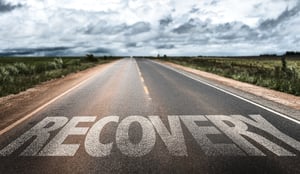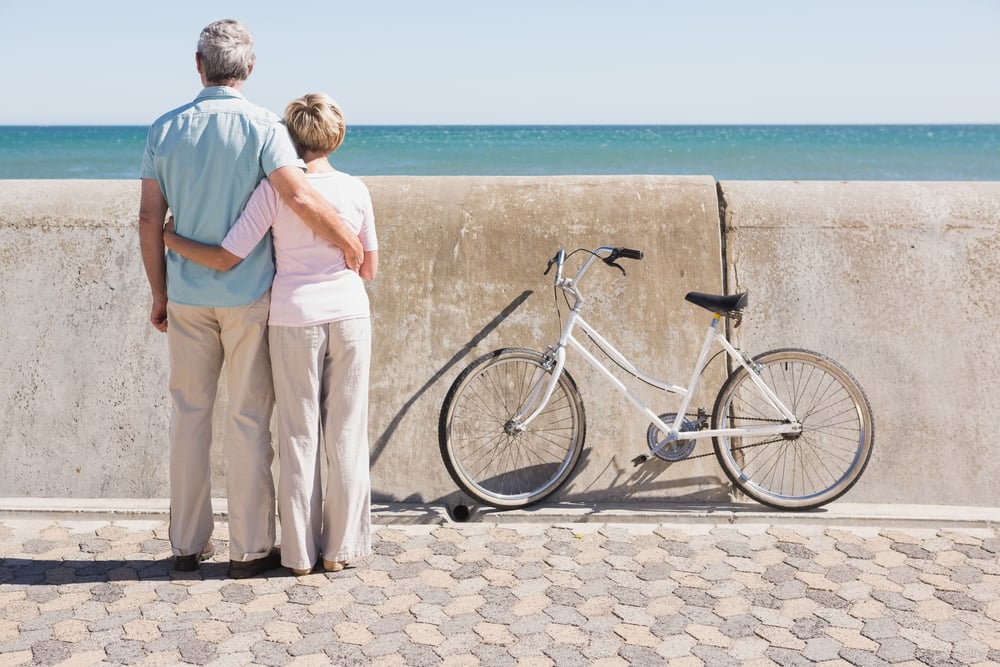At some point, everyone knows what it feels like to be sick and then feel tired, weak and lethargic. Sometimes illness can last longer than expected, and sometimes it has no real end date. Sometimes after surgery (depending on what it is) we can feel less able, in need of assistance and weaker than before the surgery. What happens?
- When you rest during illness or after surgery good things occur such as repair, sleep and recovery, which require body energy.
- At the same time, our body’s can decline. In the sense that we atrophy (lose muscle because of the need for repair), feel lethargic (less metabolic activity) and we change our habits (daily activities, selfcare declines including eating a nutritious diet)
- Medications taken (those that are relatively safe) may inhibit certain pain receptors, which can noticeably inhibit lifestyle once the pain returns later in recovery. Also, metabolic functions can be inhibited with certain medications altering recovery.
- Depression is common during and after prolonged illness. Depending on whether there is a history of depression, the effect after illness can be profound.
- Disability can occur after long illness or surgery. This can be temporary or long term. The change in independence can challenge your mental wellness and further create health decline.
Have you ever considered a program to recover and improve? Most do not!
The question is should we rehabilitate after illnesses or surgeries?
*According to the Mayo clinic (Dr. Joyner); “physical deconditioning during or after a hospital stay or illness isn't something that only happens to frail patients. Cognitive issues can also emerge. Anesthesia and pain-relieving drugs can sometimes cause confusion or delirium or make existing cognitive problems worse.”
"It can happen to anyone and it can happen quickly. Older people are at higher risk because they typically start at a lower baseline, so there is less reserve," Dr. Joyner says. "Each person and each case is different. However, the evidence for all sorts of conditions is that more aggressive rehabilitation strategies typically work far better than people realize."
Most do not. In fact, post-illness (flus, RSV, Pneumonia, other respiratory viruses) take their toll on organs, energy, mental wellbeing and muscles. Some illnesses cause us to be immobile (in bed) or even hospitalized. We often expect a full recovery from these illnesses which includes getting “back” to way the you were in a short time.
The reality is, we can benefit from a rehabilitation regime that includes exercise, nutrition (for immunity, gut health, metabolism) and manual muscle therapies. These treatments could boost your system, restore and even enhance your health to prevent a second or third onset of illnesses.
Multiple illnesses in the same year can compromise and age a person. In seniors and elderly post-illness susceptibility to falls is much greater than without illness. The loss of appetite during illness, change of movement and daily activity habits and mental acuity all effect focus as well as cachexia (loss of muscle due to illness) which weakens the body. For instance, a senior’s best time to enter an exercise regime is either as preventative or post-illness when it is most needed. In the cases oof post-surgery, it will depend on the nature and type of surgery. To keep it short for this blog, the majority of surgeries that include orthoscopic, orthopaedic and general tissue repair have their set of rehabilitative requirements. In addition, any internal surgeries for the organs including the heart, do have a factor of repair and body decline thereafter.
The longer-term effect of multiple illnesses and/or surgeries, leave us more susceptible to:
- Bone loss
- Decreased ability to fight infections
- Self-care decline

- Rapid aging
- Muscle atrophy (sarcopenia increase)
- Strength decrease
- Resilience both physical and mental decrease
- Falls susceptibility
- Injury prevalence
- Memory loss
- Diabetes risk (type 2)
- Congestive heart failure
Just six months in a Renew program which incorporates nutrition, exercise and manual therapy can improve and restore you to a new place.
*Mayo Clinic article by S Theimer, 2012,Dr.Joyner quoted.
